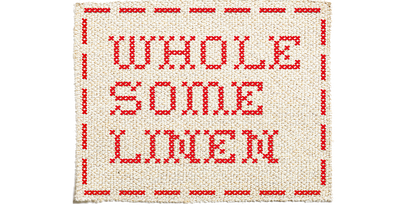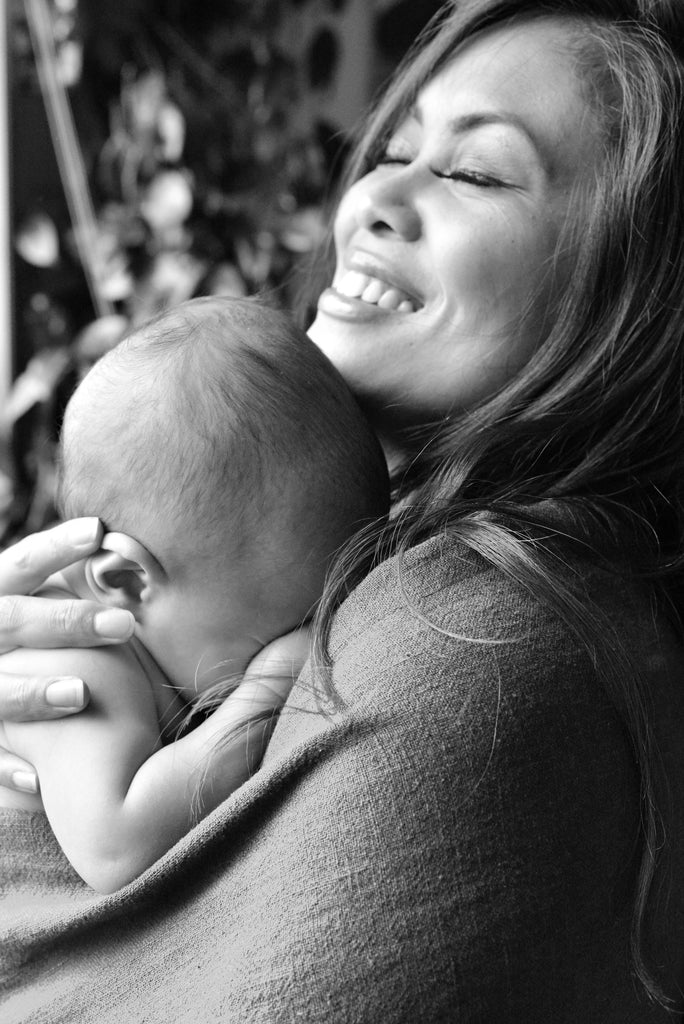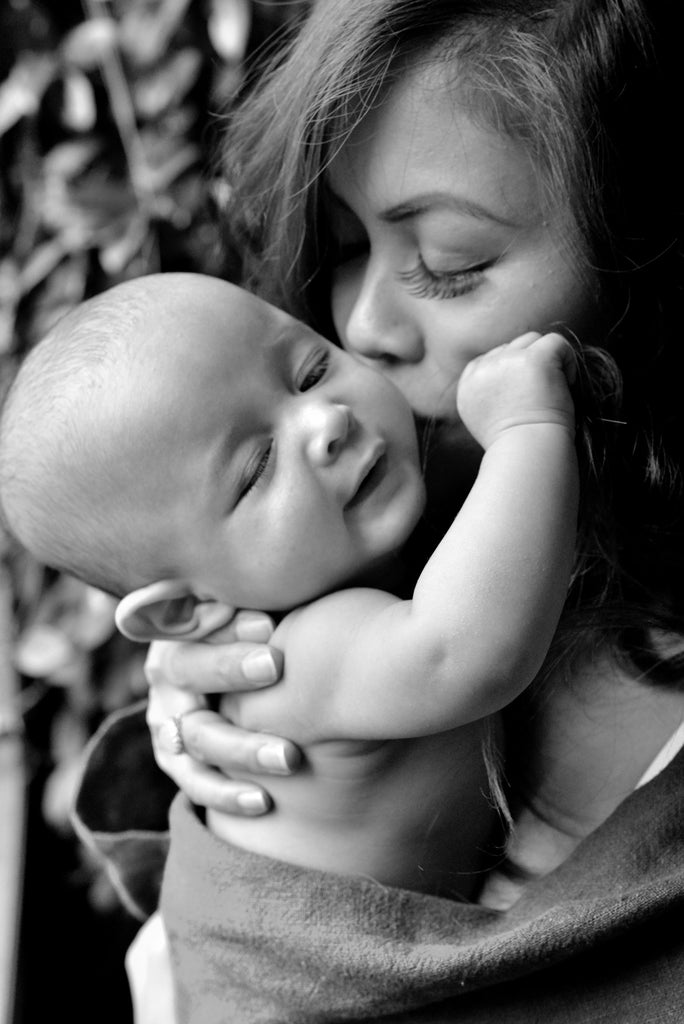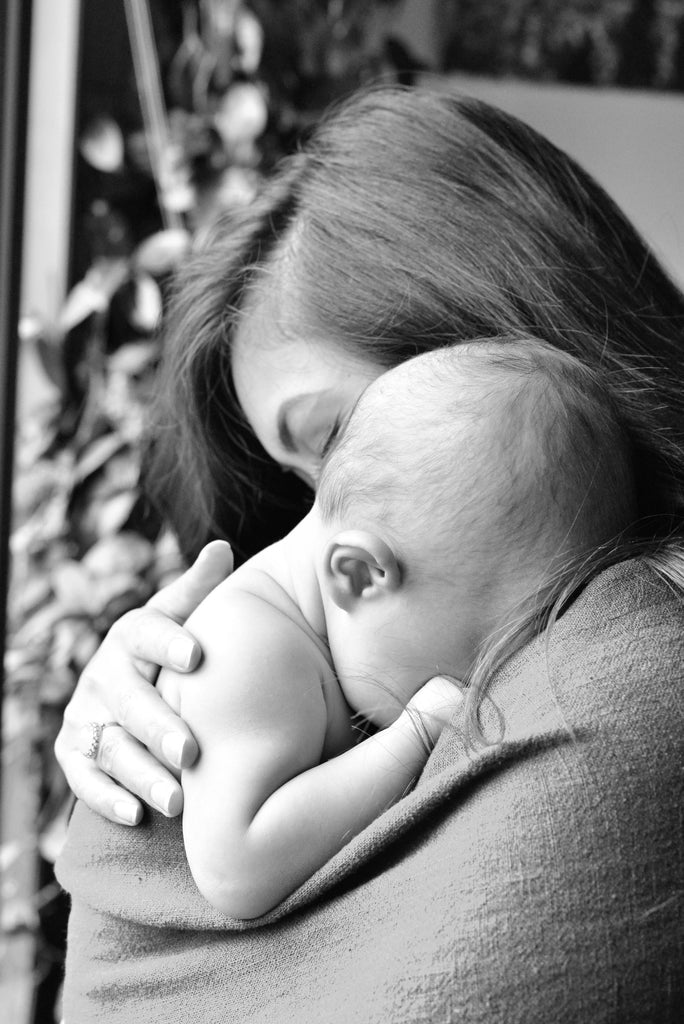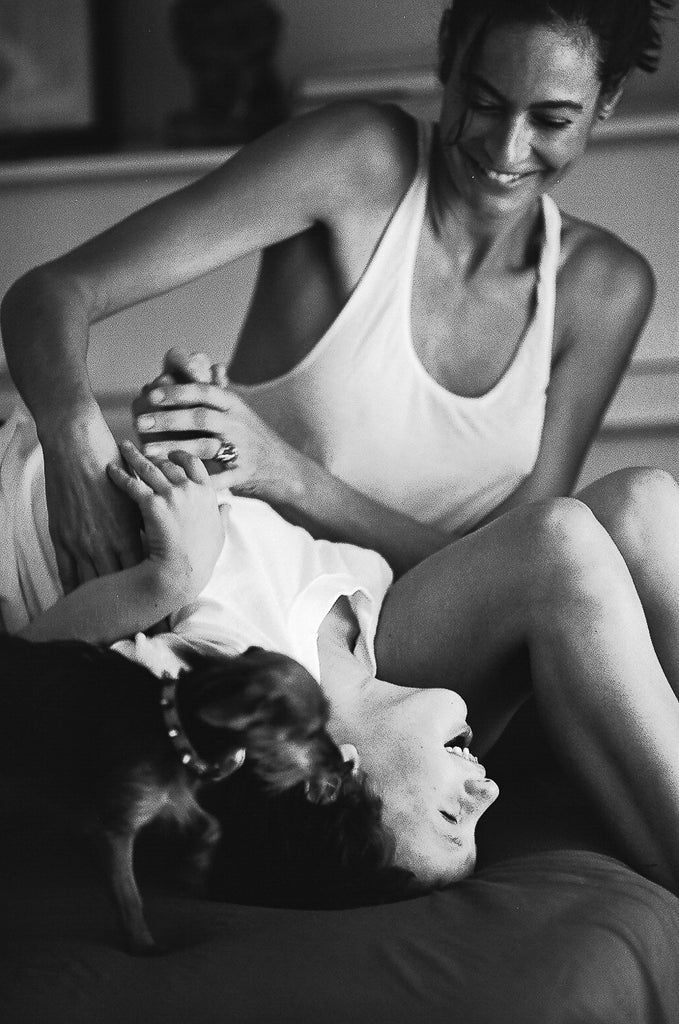Your Cart is Empty
FREE SHIPPING FOR ALL ORDERS $200+
Menu
-
- Shop
- Shop by Brand
- Custom Mattresses
- Why Wholesome Linen?
- Learn & Inspire
- The Journal
- Eco Eve's Weekly Pregnancy Guide Podcast - Natural & Holistic Guide by Wholesome Linen
- Natural Baby Nursery Guide 2025 - Pure, Non-Toxic Essentials
- The Science Behind Flax Linen Weighted Blankets: Benefits for Sleep, Anxiety, and More
- The Evolution of Baby Cradles: From Vintage Wood to Modern Marvels
- When Can a Toddler Have a Pillow? - The Ultimate Guide to Eco-Friendly and Natural Options
- Gifting
-
- +1.213.444.6072
- Login

FREE SHIPPING FOR ALL ORDERS $200+
7 Tips For Better Mother & Baby Bonding
May 06, 2016 6 min read

Happy Wholesome Mother's Day!
Here at Wholesome Linen we wanted to get to the heart of the bond between a mama bear and her baby cub and the importance of nurturing this special relationship.
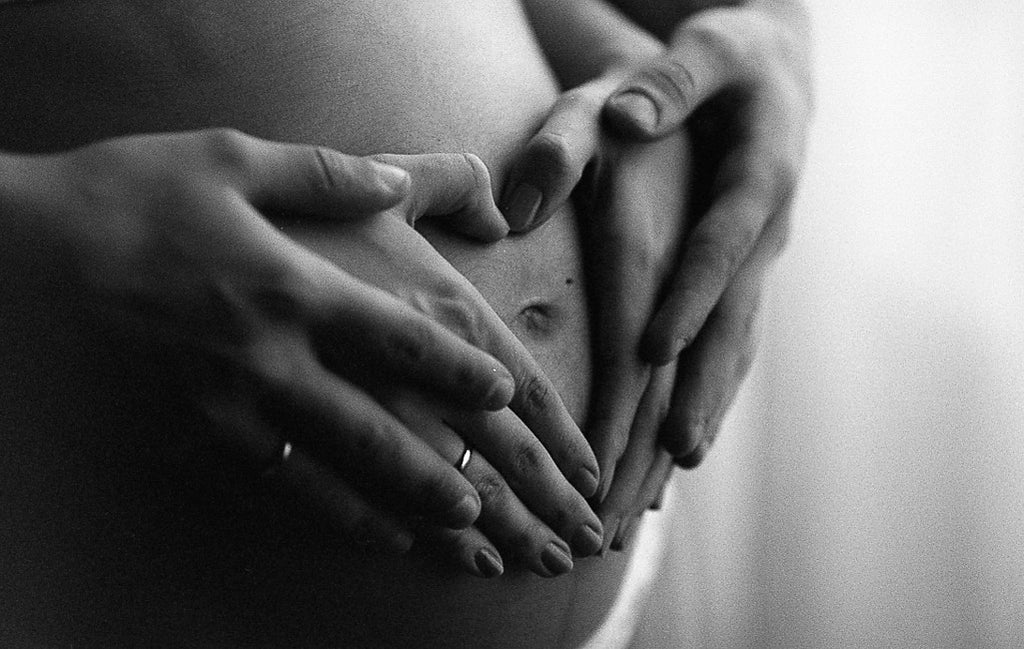
Bonding - What it Means?
Bonding - the term for the close emotional tie that develops between parents and baby during pregnancy and after birth - was the buzzword of the 1980's. Doctors Marshall H. Klaus and John H. Kennell explored the concept of bonding in their classic book Maternal-Infant Bonding. These researchers speculated that for humans, just as for other types of animals, there is a "sensitive period" at birth when mothers and newborns are uniquely programmed to be in contact with each other and do good things to each other. By comparing mother-infant pairs who bonded immediately after birth with those who didn't, they concluded that the early-contact mother-infant pairs later developed a closer attachment.
Bonding is really a continuation of the relationship that began during pregnancy. The physical and chemical changes that were occurring in your body reminded you of the presence of this person. Birth cements this bond and gives it reality. Now you can see, feel, and talk to the little person whom you knew only as the "bulge" or from the movements and the heartbeat you heard through medical instruments. Bonding allows you to transfer your life-giving love for the infant inside to caregiving love on the outside. Inside, you gave your blood; outside, you give your milk, eyes, hands, and voice - your entire self.
Bonding brings mothers and newborns back together. Bonding studies provided the catalyst for family-oriented birthing policies in hospitals. It brought babies out of nurseries to room-in with their mothers. Bonding research reaffirmed the importance of the mother as the newborn's primary caregiver.
Bonding is not a now-or-never phenomenon. Bonding during this biologically sensitive period gives the parent-infant relationship a head start. However, immediate bonding after birth is not like instant glue that cements a parent-child relationship forever. The overselling of bonding has caused needless guilt for mothers who, because of medical complication, were temporarily separated from their babies after birth. Epidemics of bonding blues have occurred in mothers who had cesarean births or who had premature babies in intensive care units.
What about the baby who for some reason, such as prematurity or cesarean birth, is temporarily separated form his mother after birth? Is the baby permanently affected by the loss of this early contact period? Catch-up bonding is certainly possible, especially in the resilient human species. The conception of bonding as an absolute critical period or a now-or-never relationship is not true. From birth through infancy and childhood there are many steps that lead to a strong mother-infant attachment. As soon as mothers and babies are reunited, creating a strong mother-infant connection by practicing the attachment style of parenting can compensate for the loss of this early opportunity. We have seen adopting parents who, upon first contact with their one-week-old newborn, express feeling as deep and caring as those of biological parents in the delivery room.
7 Tips For Better Bonding With Newborn
1. Mother Bonding after Birth
Delay routine procedures. Oftentimes the attending nurse does routine procedures--giving the vitamin K shot and putting eye ointment in baby's eyes--immediately after birth and then presents baby to mother for bonding. Ask the nurse to delay these procedures for an hour or so, allowing the family to enjoy this initial bonding period. The eye ointment temporarily blurs baby's vision or causes his/her eyes to stay closed. She needs a clear first impression of you, and you need to see those eyes.
2. Baby
Stay connected. Ask your birth attendant and nurses to put baby on your abdomen and chest immediately after birth, or after cutting the cord and suctioning your baby, unless a medical complication requires temporary separation.
3. Breastfeeding Bonding
Let your baby breastfeed right after birth. Most babies are content simply to lick the nipple; others have a strong desire to suck at the breast immediately after birth. This nipple stimulation releases the hormone oxytocin, which increases the contractions of your uterus and lessens postpartum bleeding. Early sucking also stimulates the release of prolactin, the hormone that helps your mothering abilities click in right from the start.
4. Maternal Bond
Room in with your baby. Of course, bonding does not end at the delivery bed - it is just the beginning! Making visual, tactile, olfactory, auditory, and sucking connection with your baby right after birth may make you feel that you don't want to release this little person that you've labored so hard to bring into the world, into the nursery - and you don't have to. Your wombmate can now become your roommate. We advise healthy mothers and healthy babies to remain together throughout their hospital stay.
Who cares for your baby after delivery depends upon your health, your baby's health, and your feelings. Some babies make a stable transition from the womb to the outside world without any complications; others need a few hours in the nursery for extra warmth, oxygen, suctioning, and other special attention until their vital systems stabilize.
Feelings after birth are as individual as feelings after lovemaking. Many mothers show the immediate glow of motherhood and the "birth high" excitement of a race finished and won. It's love at first sight, and they can't wait to get their hands on their baby and begin mothering within a millisecond after birth.
Others are relieved that the mammoth task of birth is over and that baby is normal. Now they are more interested in sleeping and recovering than bonding and mothering. As one mother said following a lengthy and arduous labor, "Let me sleep for a few hours, take a shower, comb my hair, and then I'll start mothering." If these are your feelings, enjoy your rest--you've earned it. There is no need to succumb to pressure bonding when neither your body nor mind is willing or able. In this case, father can bond with baby while mother rests. The important thing is somebody is bonding during this sensitive period of one to two hours of quiet alertness after birth. One of the saddest sights we see is a newly-born, one-hour-old baby parked all alone in the nursery, busily bonding (with wide-open, hungry eyes) with plastic sides of her bassinet. Give your baby a significant presence--mother, father, or even grandma in a pinch.

5. Bond Through Touch
Connect with your baby through touch. Besides enjoying the stimulation your baby receives from the skin-to-skin contact of tummy-to-tummy and cheek-to-breast, gently stroke your baby, caressing his whole body. We have noticed that mothers and fathers often caress their babies differently. A new mother usually strokes her baby's entire body with a gentle caress of her fingertips; the father, however, often places an entire hand on his baby's head, as if symbolizing his commitment to protect the life he has fathered. Besides being enjoyable, stroking the skin is medically beneficial to the newborn. The skin, the largest organ in the human body, is very rich with nerve endings. At the time when baby is making the transition to air breathing, and the initial breathing patterns are very irregular, stroking stimulates the newborn to breathe more rhythmically - the therapeutic value of a parent's touch.
6. Visual Bond
Gaze at your newborn. Your newborn can see you best with an eye-to-eye distance of eight to ten inches (twenty to twenty-five centimeters) - amazingly, about the usual nipple-to-eye distance during breastfeeding. Place your baby in the face-to-face position, adjusting your head and your baby's head in the same position so that your eyes meet. Enjoy this visual connection during the brief period of quiet alertness after birth, before baby falls into a deep sleep. Staring into your baby's eyes may trigger a rush of beautiful mothering feelings.
7. Talk to Your Newborn
During the first hours and days after birth, a natural baby-talk dialogue will develop between mother and infant. Voice-analysis studies have shown a unique rhythm and comforting cadence to mother's voice.
Bonding with Your Newborn by William Sears,MD Source
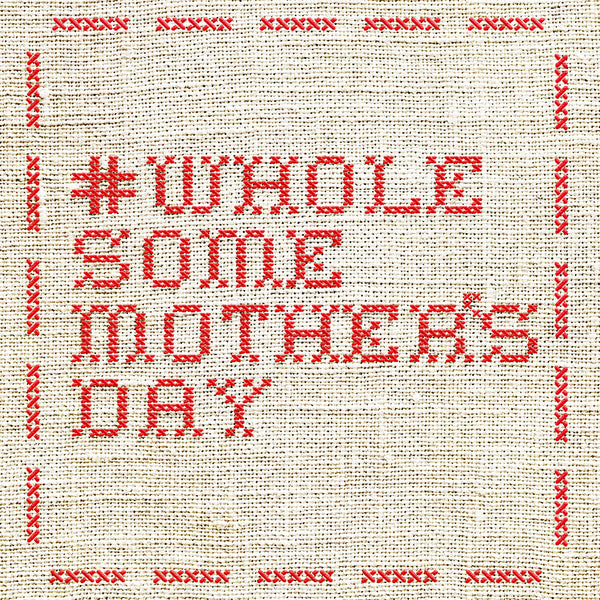
Our own research reveals that healthier gifts for your baby lead to better presents on Mother's Day as your child grows older ;) So do your future self a favor and check out our wholesome line of natural flax linen baby & child sleep essentials below.
Subscribe
Sign up to get the latest on sales, new releases and more …
